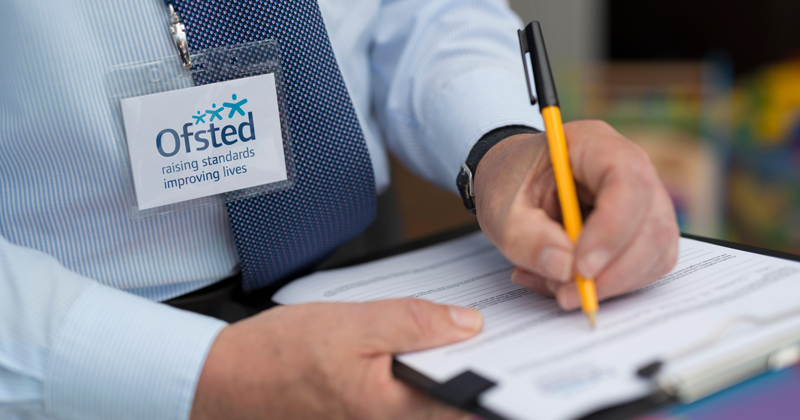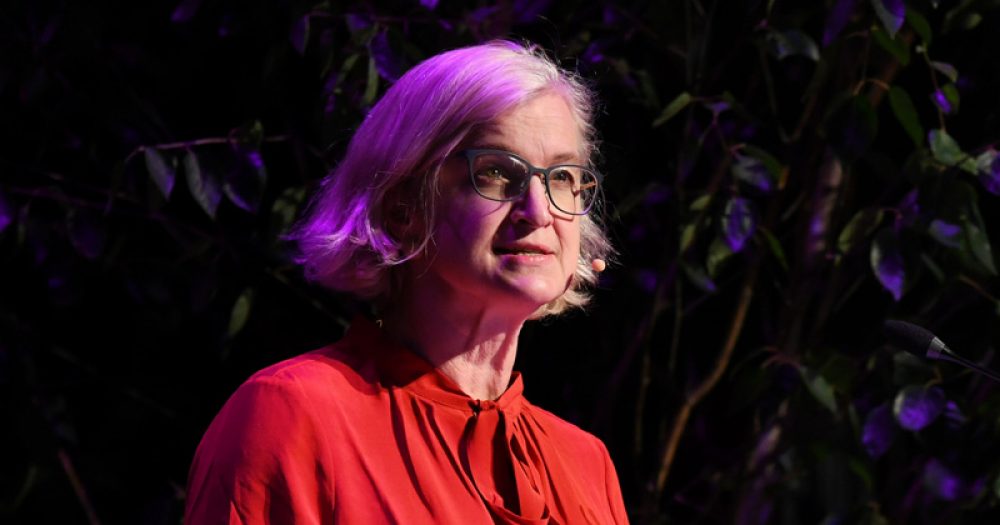There were a “disappointingly small” number of achievements for many pupils last year as they struggled with a “hokey-cokey education” during the pandemic, Ofsted’s chief inspector has warned.
Amanda Spielman also claimed “well over 90 per cent” of schools reported inspections this term were a positive experience – despite some vocal criticism of the inspectorate’s full return.
The schools watchdog today released its annual report for 2020-21 which found that “nearly all children” were impacted by Covid and the subsequent education disruption.
Spielman said that “for too many, the achievements were disappointingly small, despite the tremendous effort and commitment” of teachers, parents, pupils and social workers.
She warned the loss of education and routine had “led to physical and mental health problems. Loneliness, boredom and misery became endemic among the young”.
In primary and secondary schools, she warned “children struggled with a hokey-cokey education: in the classroom, at home, separated in bubbles, isolating alone.”

Ofsted will be using its inspections this term to “look in greater depth at the patterns of absence” since September.
Spielman said that while many children may be absent due to Covid or other illness “it is important that they attend every day that they possibly can”.
Attendance has seen a renewed focus from the government in recent weeks following the pandemic.
In the worst-hit areas almost one in five pupils is effectively missing a day a week.
Five new attendance advisers, announced last month, will be deployed across local authorities and trusts in a bid to reduce absence.
Schools Week revealed last week that education secretary Nadhim Zahawi has ordered councils to tell parents that keeping their children off school will have “repercussions”.
Inspections a positive experience for schools
Since routine inspections returned in September, concerns have been raised about the impact Ofsted is having on schools and leaders already facing numerous pressures.
During a press conference this morning, Spielman said inspection was “framed as a constructive conversation” and the watchdog tracks feedback closely.
She said “well over 90 per cent” of schools reported inspections as a positive experience “that will help them improve.”
“Complaints are running at the same low level as pre-Covid”, she said.
“All the feedback we collect says that our aim this term to make sure we genuinely take account of the Covid challenges of a school are landing about where they should and the profile of inspection judgments also reflects that.”
Ofsted has been ‘sympathetic’ to schools
Spielman said the watchdog was aware that “coming back to routine inspection that we weren’t yet out of Covid territory” and it has been “sympathetic to deferrals throughout this term”.
Schools can ask for deferrals prior to an inspection but Ofsted has the final say on whether or not they will go ahead.
The Association of School and College Leaders is calling for deferrals to be granted automatically upon request following the emergence of the Omicron Covid variant.
Spielman defended the watchdog’s stance and said its aim “is to have the right level of flexibility in the system” to be the eyes and ear for children but “to make sure that we don’t bring inspection into the schools that are genuinely in the thick of it at that point.”
She added that “a fairly large proportion of those who’ve requested referrals have been granted – I think more than three-quarters, possibly even higher than that”.
This appears to be an improvement on earlier this term. As of November 17, the watchdog had turned down around one-third of Covid-related deferral requests.
But Paul Whiteman, general secretary of the school leaders’ union NAHT, said: “Right now, children need their teachers focused on teaching – responding to individual needs and adapting to the ever-changing situation on-the-ground. The best thing Ofsted could do for learners is to pause inspection and let schools get on with the job.”
















Your thoughts